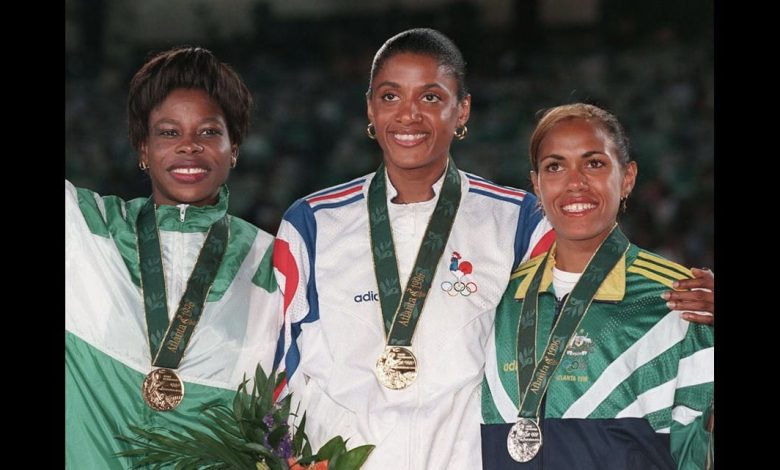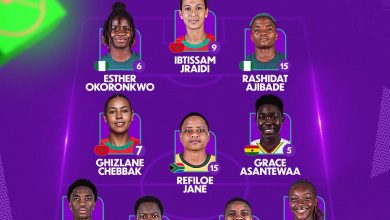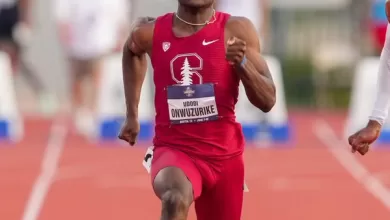Falilat Ogunkoya’s omission from LOC sparks outcry ahead of African U18/U20 Championships in Abeokuta

As preparations intensify for the 3rd African U18/U20 Athletics Championships set to take place from July 16–20, 2025, in Abeokuta, Ogun State, a growing chorus of voices is questioning the conspicuous absence of one of Nigeria’s most decorated athletes, Falilat Ogunkoya, from the Local Organising Committee (LOC).
Ogunkoya, a native of Ogun State, made history as one of the first Nigerians to win a world U20 title at the inaugural edition of the World Junior Championships.
Her illustrious career includes gold medals at the African Championships, African Games, Grand Prix Final, and World Cup in Athletics. She remains the only Nigerian—male or female—to win two medals at a single Olympic Games and was ranked the world’s best in the women’s 400m in 1998.
Despite her unmatched legacy and deep ties to the host state, Ogunkoya was not named to any of the LOC sub-committees, a decision that has left many stakeholders baffled.
‘It’s a missed opportunity,’ said one athletics official. ‘Across the globe, federations leverage the presence of national heroes to inspire the next generation. Falilat’s story is exactly the kind of legacy young athletes need to see.’
In contrast, fellow Olympian Tafida Gadzama, himself a former African U20 champion and Olympic gold medalist, was appointed to head the Security Sub-Committee. While his inclusion has been praised, many believe Ogunkoya’s absence sends the wrong message about honoring trailblazers in Nigerian athletics.
As Abeokuta prepares to welcome over 500 young athletes from across Africa, calls are mounting for the LOC to reconsider and find a meaningful role for Ogunkoya in the championship’s organization or ceremonial activities. Her presence, advocates argue, would not only honor her achievements but also serve as a powerful symbol of what is possible for the continent’s rising stars.
For a championship that promises to shape the future of African athletics, the past should not be forgotten. And few embody that past—and its promise—better than Falilat Ogunkoya.




